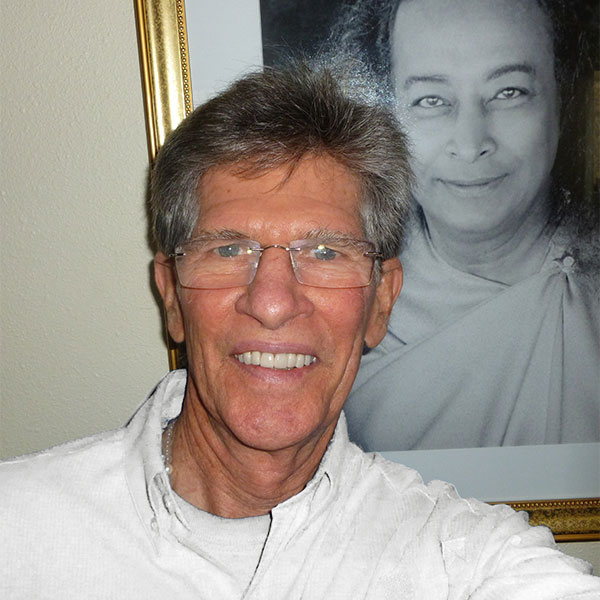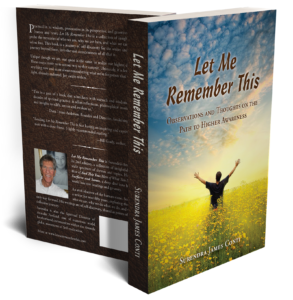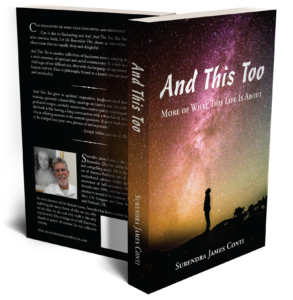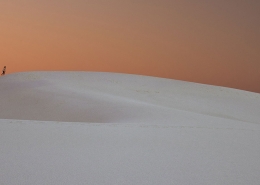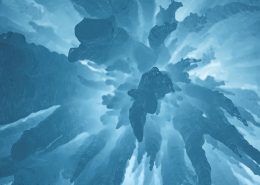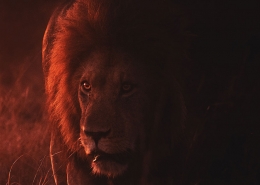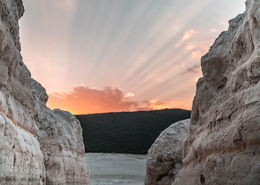In today’s competitive America, money is the mouse that roars. We have been sold on its power to secure the future. Never mind the transparent myth that supports this misconception, it tones like a mantra in every commercial setting we encounter. Is it any surprise that principle and faith tend to suffer greatly at the altar of financial gain?
Consistent with money’s preeminent place in society, making more of it is often a person’s first order of business. Gotta get that raise! To many, this is their validation of worth, not to mention the means to exercise more expensive desires. But at the end of the day, what are we left with? Little by little, we ravage ourselves to earn those extra dollars, to win the next promotion, to get ahead of everyone we can.
Yet, the highest potential raise of all is the one we pray to forestall. Thanks to our conditioning and its skewed priorities, leaving this physical life tops the list of what we dread. Someday you and I will be lifted from this burden of flesh into the lightness of being, and we fear the event like a terrible curse. Death, poor fellow, has been cast in black to play the villain’s role, his merciful nature despised. How easily a truth is inverted to serve a material wish, an emotional attachment, a selective blindness!
“Life is a vagrant,” said Paramhansa Yogananda, “appearing and disappearing like a river in the desert of time.” We cannot suspend its passage to suit our personal dreams. But damned if we don’t make the effort for as long as breath allows. Why are we bent on regarding death as a loss? To the wise, there is no end as we perceive it. Death, for even the weakest and most profane, is a ticket to understanding beyond all earthly scope. Furthermore, for those who strive to put love ahead of material possibilities, death is a liberation from limiting dreams altogether.
In Shakespeare’s Measure for Measure, with rapier-tipped irony, the Duke rails in earnest at the craziness of our ways: “Merely, thou art death’s fool, for him thou labor’st by thy flight to shun, and runn’st toward him still. Happy thou art not, for what thou hast not, still thou strivest to get, and what thou hast forget’st. . . If thou art rich, thou’rt poor, for, like an ass whose back with ingots bows, thou bearest thy heavy riches but a journey, and death unloads thee. . . Yet death we fear, that makes these odds all even.”





